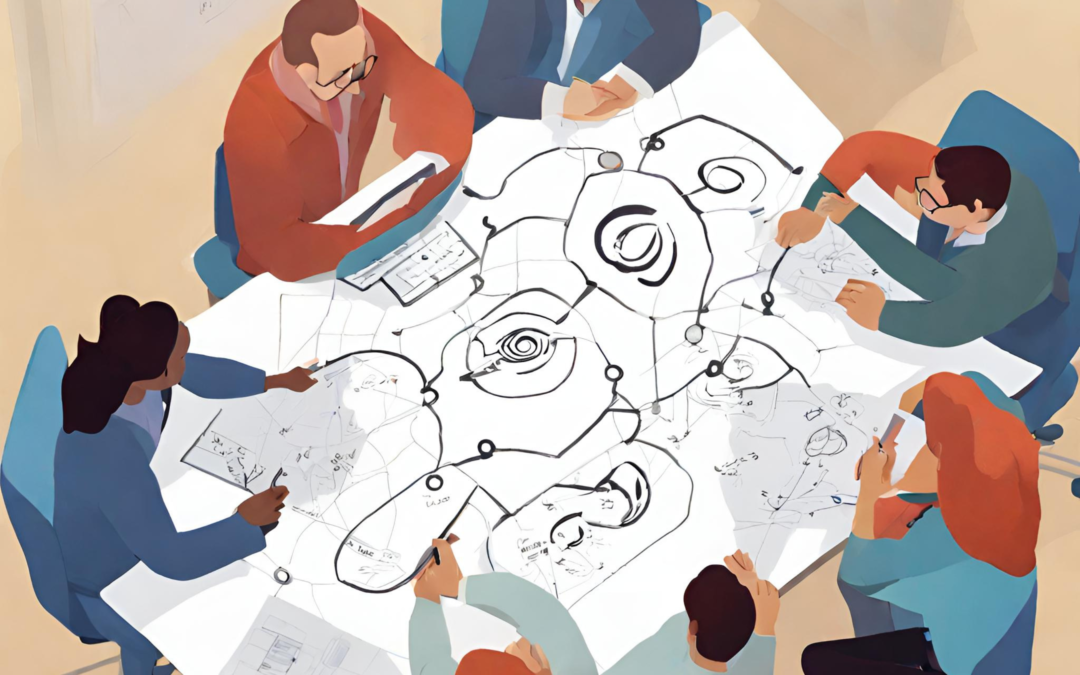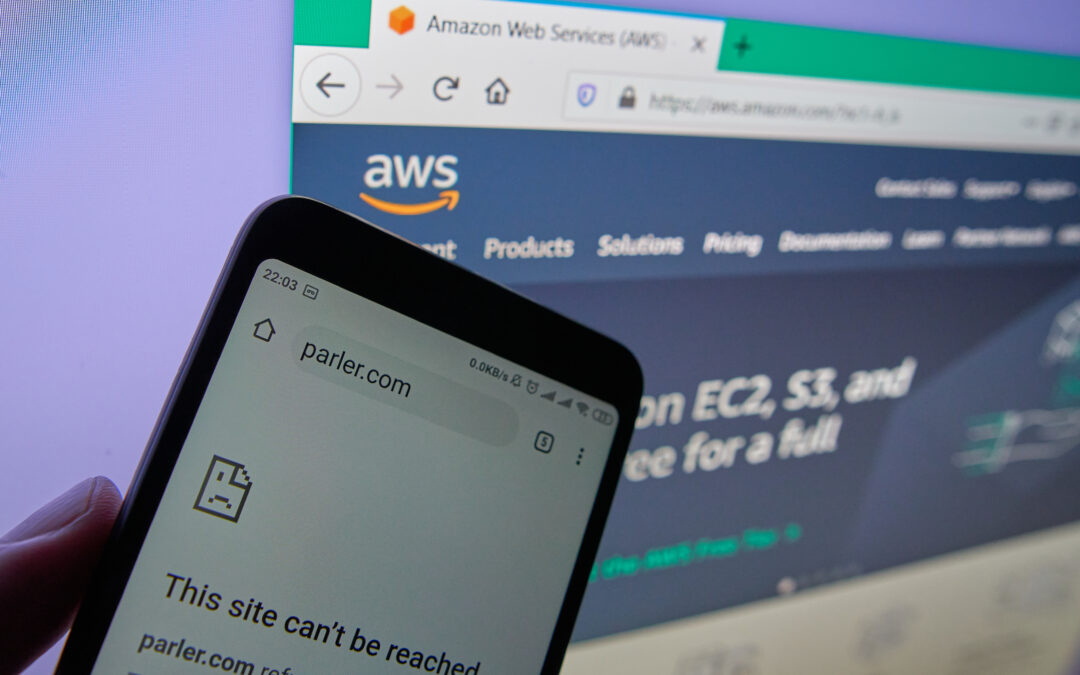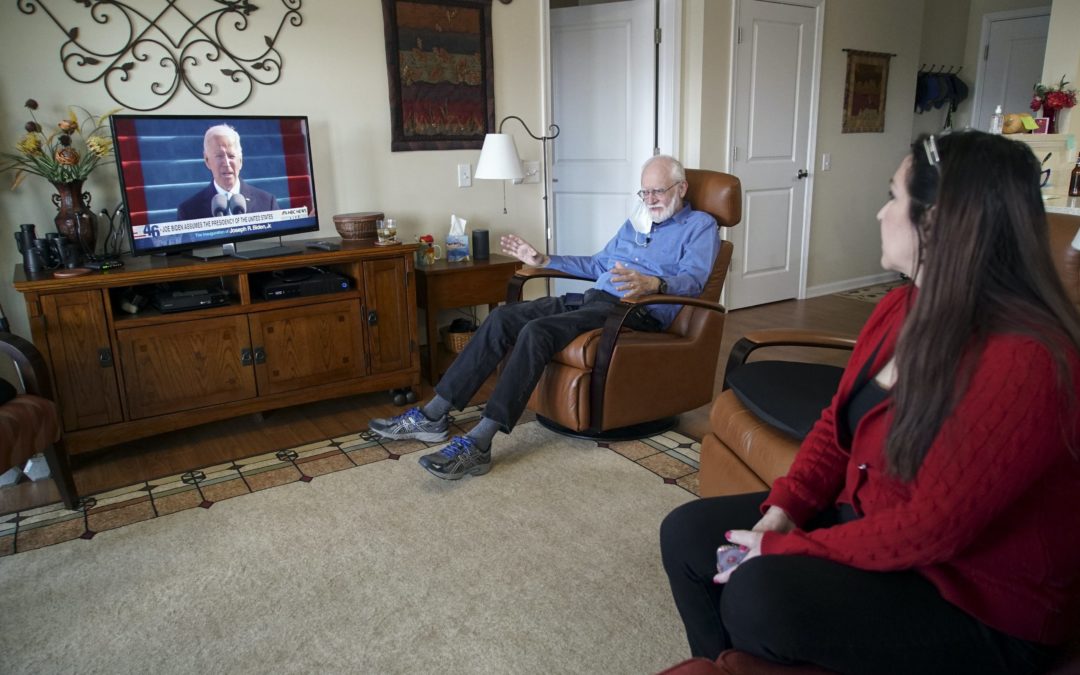
Mar 5, 2024 | Featured, News, PennMAP, Published
Given the sheer amount of content produced every day on a platform as large as YouTube, which hosts over 14 billion videos, the need for some sort of algorithmic curation is inevitable. As YouTube has attracted millions of views on partisan videos of a conspiratorial...
Jan 17, 2024 | Common Sense, News, Published
In general we believe that we possess common sense to a certain extent, but have you ever wondered if what you perceive to be common sense is also considered common sense to others? In other words, is common sense actually common? The answer remains elusive in large...

Nov 10, 2023 | Featured, News, Published
In the social and behavioral sciences, a theory provides a generalizable explanation that holds under a variety of specific conditions, and experiments are conducted to verify hypotheses which are derived from the theory. This process has become the dominant...

Nov 1, 2023 | News, PennMAP, Published
“Deplatforming” refers to the banning of individuals, communities, or entire websites that spread misinformation or hate speech. Social media platforms implement this practice to reduce harmful content, but its effectiveness is debatable. Researchers from the...

Aug 15, 2022 | News, PennMAP, Published
Joe Biden and Donald Trump supporters, like these two, are more likely to be polarized by TV news than online echo chambers. AP Photo/Allen G. Breed The past two election cycles have seen an explosion of attention given to “echo chambers,” or communities where a...





